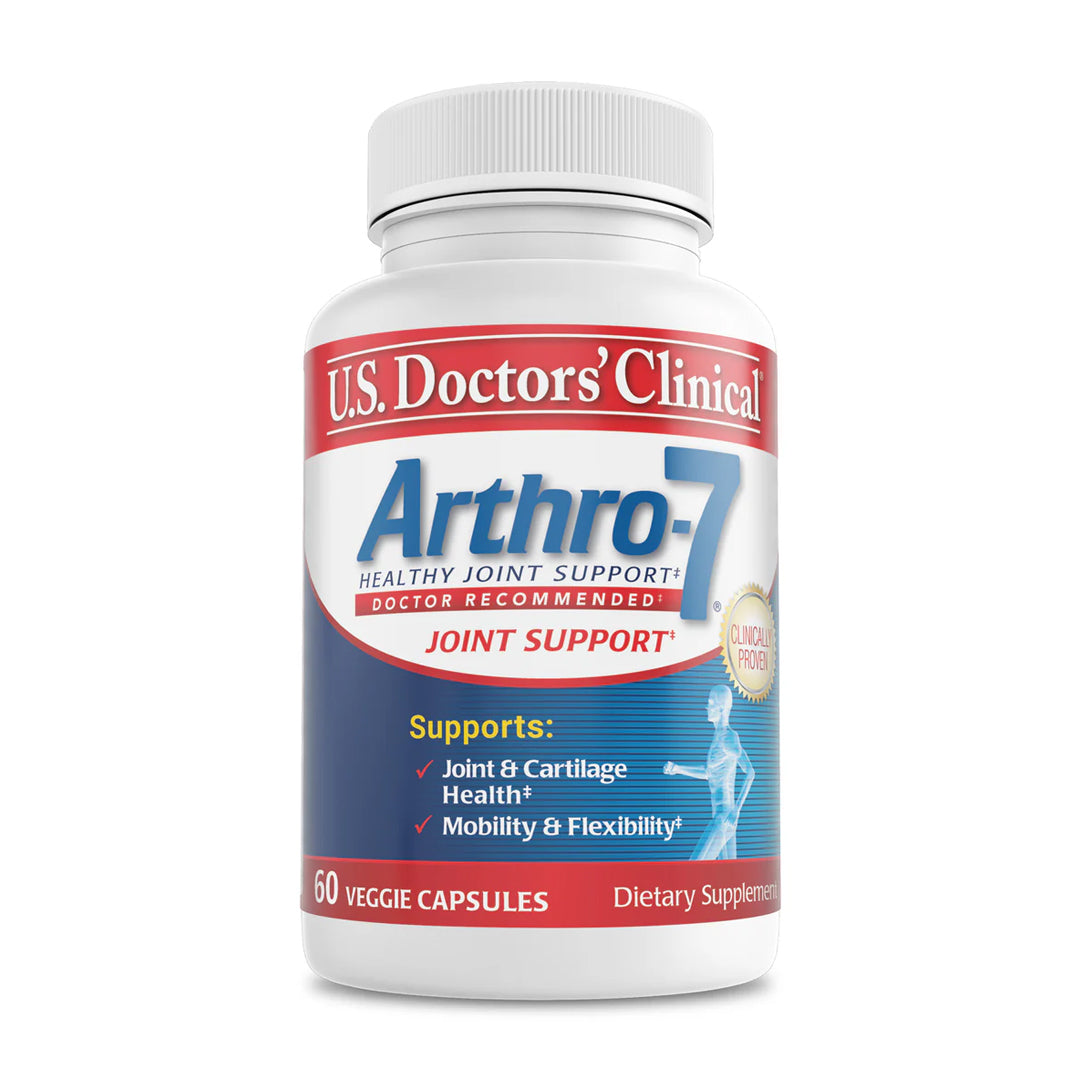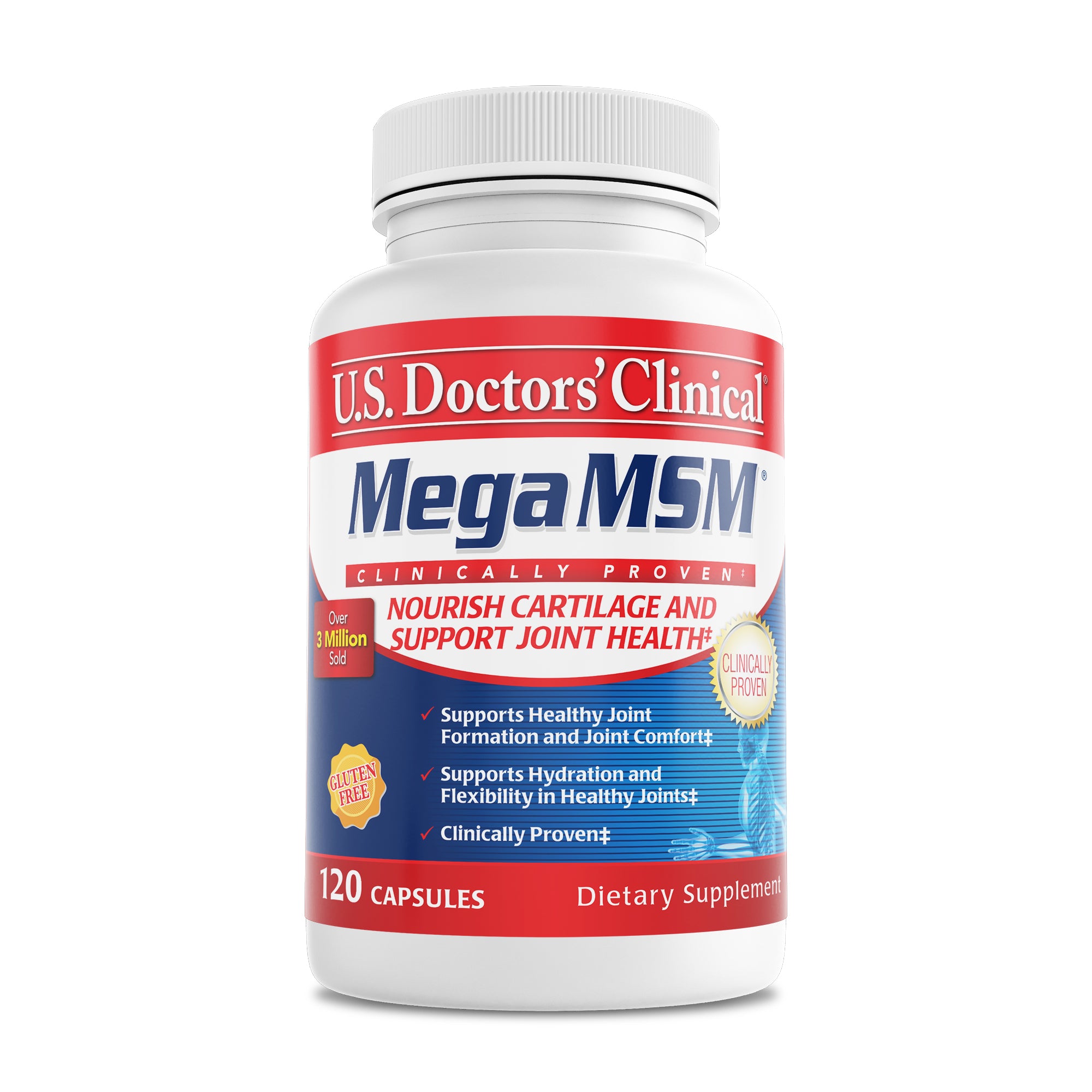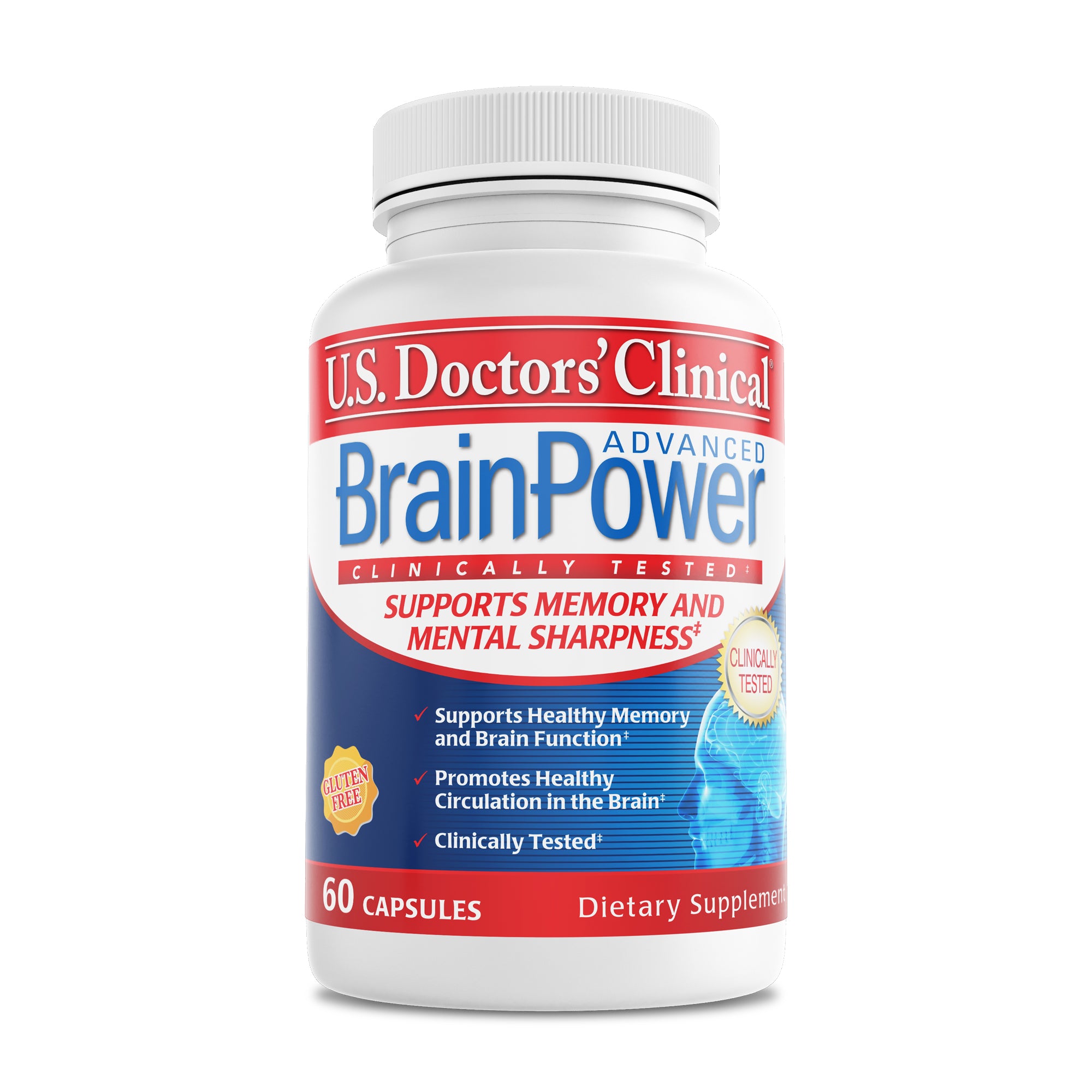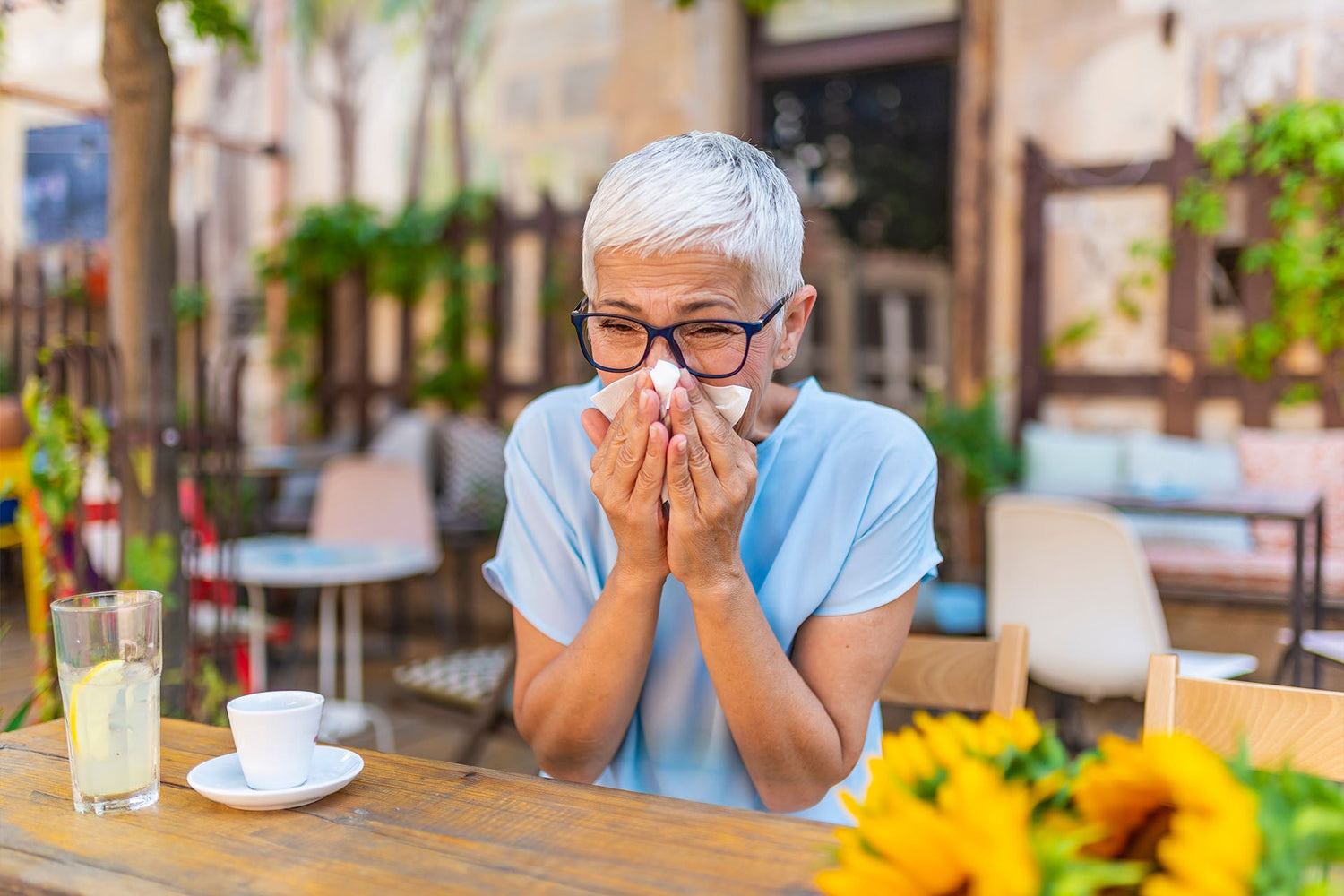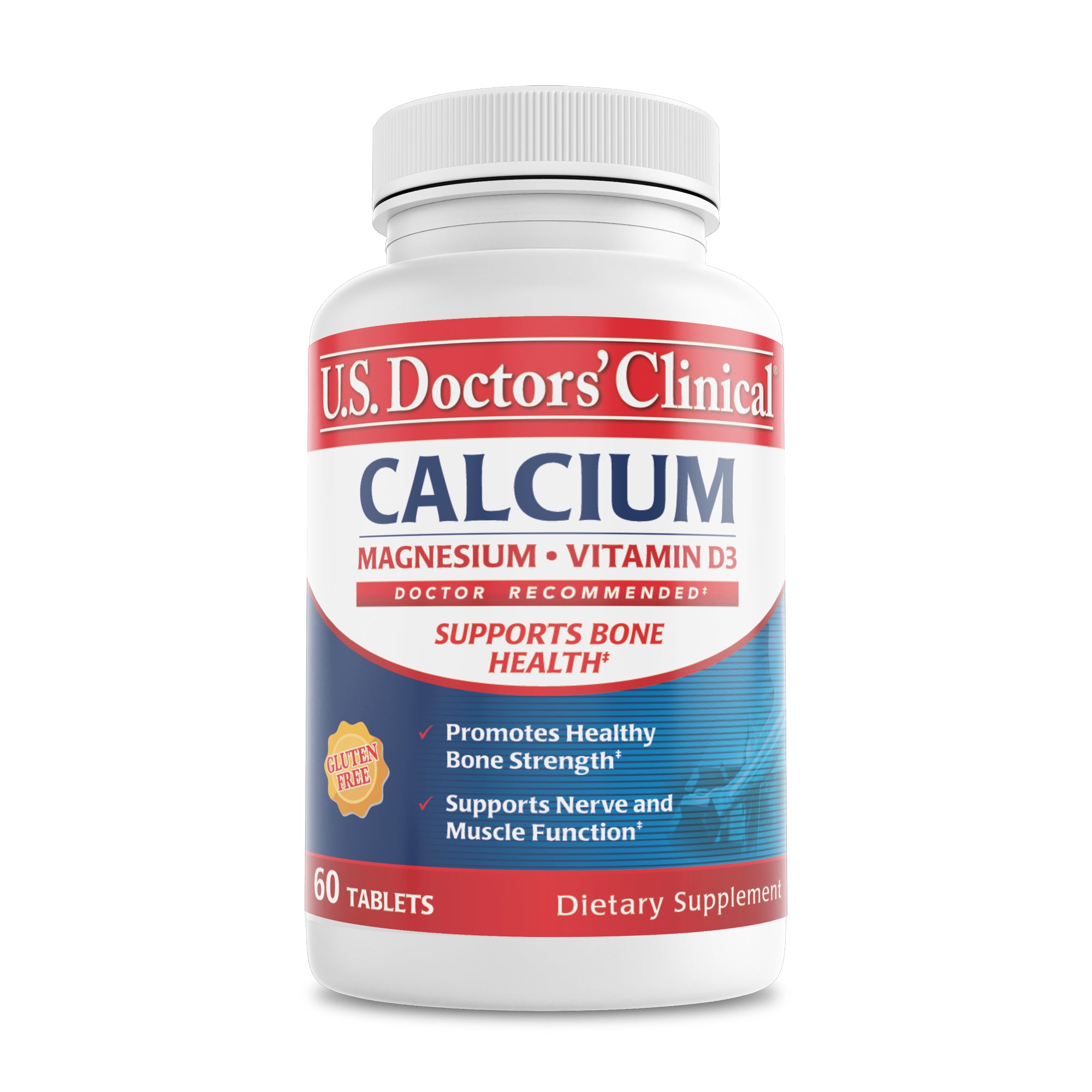How to Boost Your Immune System Every Day of the Year
While many people start to worry about their immunity when cold and flu season comes around, health is something we need to focus on every day. Think of supporting your immune system like servicing your car. Regularly changing the oil and getting everything checked out regularly helps it run better and last longer. Even though there might not be anything wrong with your car at the moment, these checks help prevent problems from occurring in the future. Similar to a car, paying special attention to the immune system throughout the entire year, not just when the seasons change, can help support normal immune processes.
Why More People Get Sick During Spring and Fall
Maintaining a strong immune system throughout the year can help the body prepare and maintain its defenses for whatever bacteria might come its way, particularly during certain times of the year when people experience more cold and flu symptoms. According to Dr. Bradley Chipps, president of the American College of Allergy, Asthma & Immunology, seasonal allergies can increase the body’s vulnerability to infections because nasal inflammation makes it easier for viruses to settle inside your nose. While the immune system is busy fighting off allergies, dealing with your allergies, there are less resources available to defend the body.
For those without allergies, the seasons bring barometric pressure, temperature changes, and wind that can irritate the airways and nasal passages, compromising the body’s immune system against colds and infections.

Can Going Out in the Cold Make You Sick?
Growing up, your mother may have warned you against going out in the cold without a jacket because it would make you sick. Well, we’re here to tell you that mother knows best. Low temperatures can increase the likelihood of getting sick because the body is less effective against a virus when cold air enters through the nose and upper airways. The weather doesn’t have to be blistering either; when ambient temperature drops just 7 degrees, it can impact the body’s immune capabilities, according to a study out of Yale University. As a result, more people are infected with the cold and flu during the winter.
“As the temperature starts to drop, we have more viruses in the environment, so we have to be more careful in the winter to prevent catching illnesses,” says Northwestern Medicine Primary Care Physician Winston D. Rajendram, MD.
If you do go out in the cold, keep your nose area warm to help keep your immune defenses ready for battle.
Lifestyle Factors that Support Optimal Health
There are certain factors in your lifestyle that can make a big impact on your health no matter what time of year it is.
1. Sleep at Least 7 Hours A Night
Getting enough sleep is imperative to decreasing your risk of sickness. One study of more than 150 adults found that those who slept less than 6 hours a night were more likely to catch a cold than their dream-filled counterparts. Adults are suggested to get 7 or more hours of sleep per night in order to encourage your natural immunity.

2. Exercise Regularly
Participating in moderate exercise like walking, bicycling, jogging, and swimming can help give the immune system an extra boost. Regular physical activity may help support a normal inflammatory response and immune cell regeneration. Most people should try to clock at least 150 minutes of exercise each week.
3. Drink Water
This is a very easy one but so many adults resist it! While water isn’t a magical protectant, staying hydrated decreases your susceptibility to getting sick. When you’re dehydrated, your physical performance, focus, mood, digestion, and heart and kidney function can be compromised–making it more difficult for the body to defend itself. As we age, the body begins to lose the urge to drink water, which makes it even more important to consistently drink water.
4. Decrease Stress
Stress does a lot of damage to the body, including the immune system. Long-term stress is known to provoke inflammation and immune cell dysfunction. Although some stressors can be difficult to avoid, try making yourself more relaxed with meditation, yoga, journaling, mindfulness practices, or speaking with a licensed therapist.
5. Wash Your Hands
After the last few years, everyone is sick of this phrase but it doesn’t make it less true. Washing your hands throughout the day, especially before eating or touching your face, is a great way to get rid of would-be invasive microorganisms.

6. Diet
A healthy diet full of whole foods, healthy fats,
- Whole Foods: Fruits, vegetables, nuts, seeds, and legumes contain nutrients, antioxidants, fiber, and vitamin C that can decrease your risk of illness.
- Good Fats: Foods like olive oil and salmon are rich in omega-3 fatty acids, which may help support the body’s normal immune and inflammation responses. Chronic inflammation has been known to suppress the immune system.
- Eat Fermented Foods: The gut and the immune system are closely intertwined. Researchers believe a balanced network of gut bacteria may help immune cells identify harmful organisms. If you don’t regularly consume fermented foods like sauerkraut and yogurt, probiotic supplements are available. In fact, a study of 152 people infected with rhinovirus infections found that those who supplemented with a probiotic had a more normal immune response and lower levels of the virus in their mucus than those who didn’t.
- Limit Sugar Intake: Research suggests that added sugars and refined carbs can contribute to weight management problems, obesity, type 2 diabetes and heart disease. In turn, obesity, type 2 diabetes and heart disease are all linked to a weakened immune system. Limit your sugar intake to less than 5% of your daily calories.
-
Utilize Supplements: Many people find it difficult to receive the recommended daily amount of vitamins and nutrients from their food. Supplementing these vitamins and nutrients in particular may help encourage a normal immune response.
- Vitamin C: No, it’s not a myth! In a review of 11,000 people, the duration of a cold was reduced by 8% when adults took 1,000 to 2,000 mg of vitamin C daily.
- Zinc: A study reviewed 575 people with the common cold. When they were supplemented with more than 75 mg of zinc each day, the duration of their cold was reduced by 33%.
- Vitamin D: When the body is deficient in vitamin D, it may increase your chances of getting sick.
- Echinacea: Echinacea is a group of flowering plants. When participants in a study took echinacea, they recovered from their colds slightly faster than those who took a placebo or nothing at all.
Sources:
-
Heid, Markham. “Are You More Likely to Get Sick When The Seasons Change? Here's What Experts Say” Time. 2018.
https://time.com/5198318/seasons-changing-sick-cold/
-
Northwestern Medicine. “Can Winter Make You Sick?” 2022.
https://www.nm.org/healthbeat/healthy-tips/can-winter-make-you-sick
-
Shoemaker, SaVanna MS, RDN, LD. “9 Tips to Strengthen Your Body’s Natural Defenses.” Healthline. 2020.
https://www.healthline.com/nutrition/how-to-boost-immune-health
